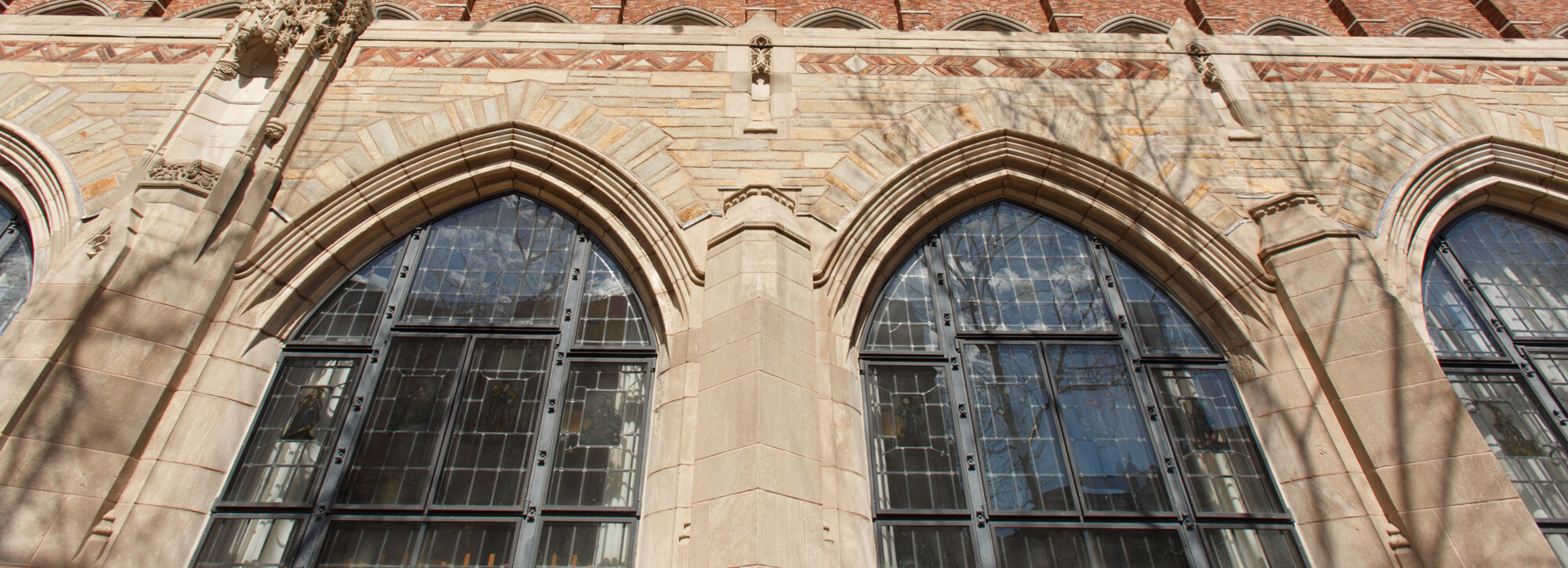The National Veterans Council for Legal Redress, joined by a coalition of nine other veterans’ advocacy groups, is calling on Governor Ned Lamont and Commissioner for the Department of Corrections Rollin Cook to take immediate action to decarcerate Connecticut’s prisons. COVID-19 is causing a public health catastrophe across the state’s prisons that risks becoming a death sentence for incarcerated people. Incarcerated veterans are particularly at risk: they are older than the average incarcerated nonveteran and have higher incidences of diseases that put them at risk if infected with COVID-19. Governor Lamont and Commissioner Cook have the power to save lives by reducing the incarcerated populations in Connecticut prisons, and we urge them to take action now. The letter can be found here.
In a letter sent on Veterans Day, November 11, 2020, the National Veterans Council for Legal Redress, and eight other organizations that serve veterans urged the state government to release at-risk incarcerated veterans and take all necessary steps to guard Connecticut's incarcerated veterans from the risks that COVID-19 poses to their physical and mental well-being, such as enforcing social distancing guidelines and providing access to mental health and legal support services. The letter can be found here1.
